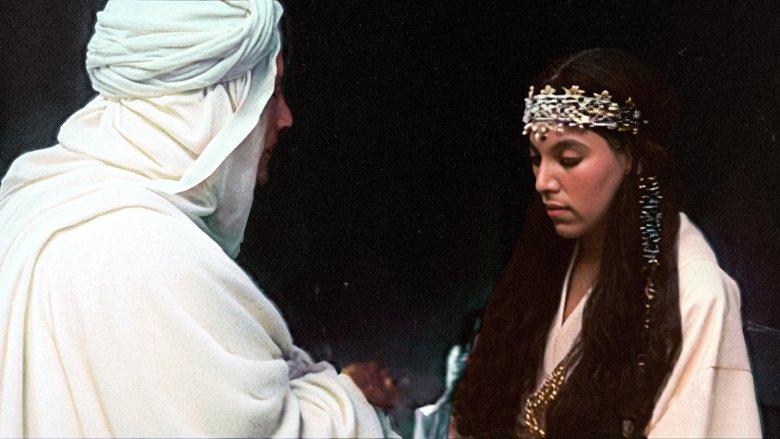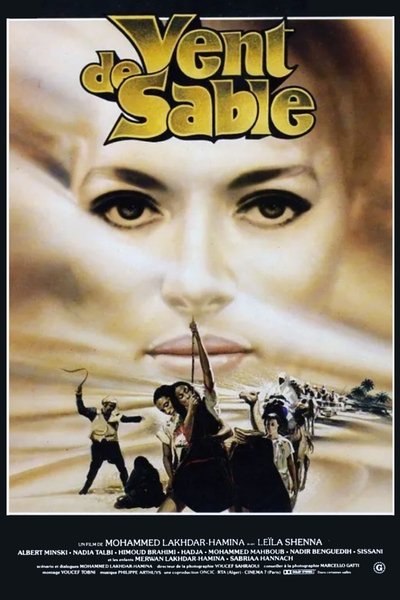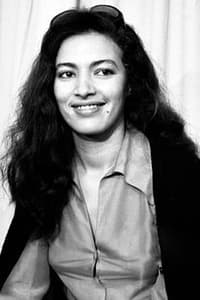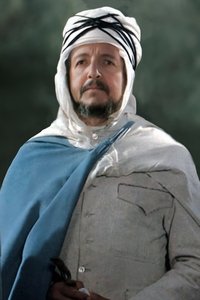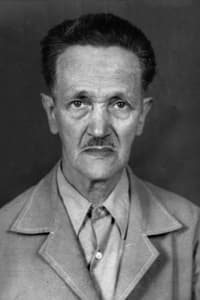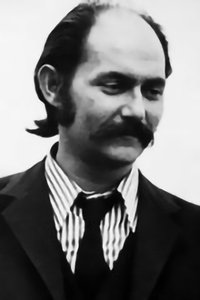Sandstorm
Genres
Drama
OverView
Seen right through the sandstorms that rack the lives of a tribe living on a desert oasis, is a subtle and not-so-subtle mistreatment of the female members of the tribe - tribal chiefs have the right to be the first to deflower virgins, and single or widowed mothers must walk a narrow line of behavior restrictions that do not apply to their male counterparts. Both genders, however, fight the brunt of the harsh desert winds together.
Others
Budget
$--
Revenue
$--
Status
Released
Original Language
Arabic
Runtime
103 mins
Rating
10/10
Release Date
04 April 1982
Country
Algeria
